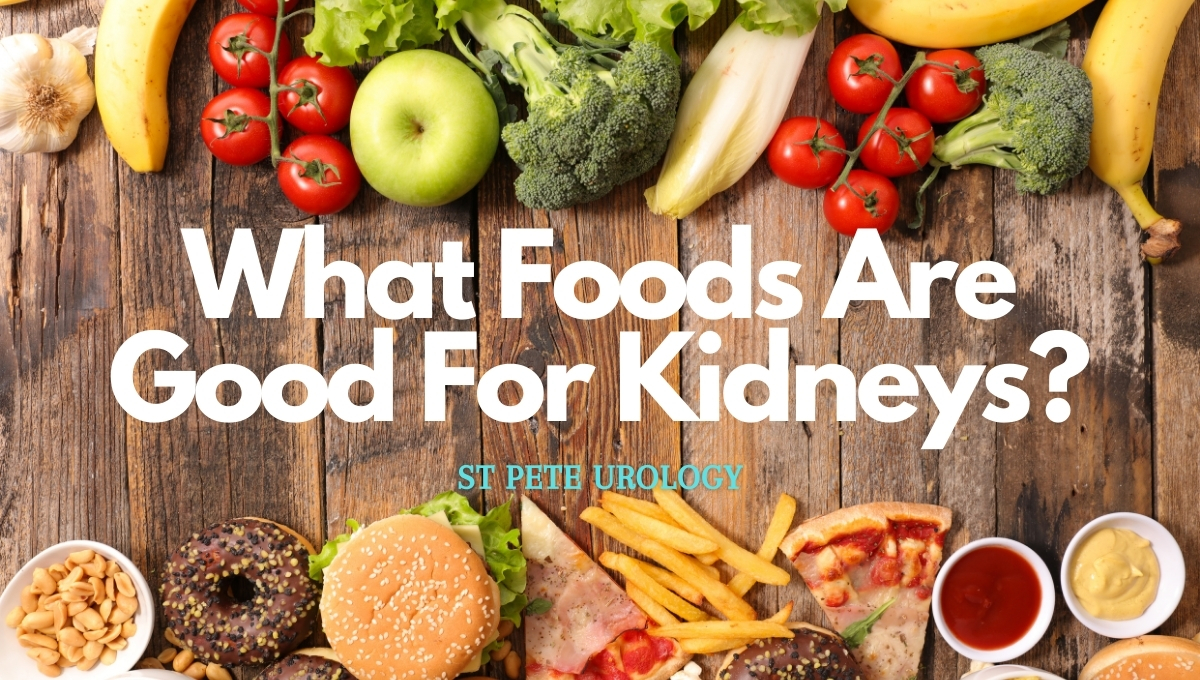 Kidneys play a significant role in the overall health of the body. They filter out waste products from blood and send them out of the body as waste through urine. The kidneys also balance fluid and electrolyte levels in the body while making hormones that regulate the function of other organs of your body. But to keep your kidneys healthy, you need to watch what you eat and drink because some foods boost the performance of the kidneys while others stress, degrade and damage them.
Kidneys play a significant role in the overall health of the body. They filter out waste products from blood and send them out of the body as waste through urine. The kidneys also balance fluid and electrolyte levels in the body while making hormones that regulate the function of other organs of your body. But to keep your kidneys healthy, you need to watch what you eat and drink because some foods boost the performance of the kidneys while others stress, degrade and damage them.
What foods support healthy kidneys?
Kidney-friendly foods are those that enhance kidney function and protect them from damage. Generally, a good balance of quality protein, calories, vitamins, and minerals are great for the kidneys. Very high dietary levels of some mineral ions such as sodium, potassium, phosphorus and calcium may in the long run endanger your kidneys. Foods linked to heart problems and high blood pressure may put additional pressure on the kidneys.
For healthy kidneys, consider the following:
1. Stay Hydrated
Water helps to flush out toxins from the body. In fact, the body relies on water to assist transporting toxic wastes into the bloodstream, then to the kidneys where they are filtered and removed through urine. This process helps reduce the risk of bacterial infection, kidney stones, and kidney disease, which is why water is crucial for the critical salt-fluid balance in the body.
Ideally, you should drink 6-8 glasses of water per day, but of course you can drink more if you are active during the day. In addition to the many other benefits of staying hydrated, drinking water when thirsty helps to support your kidneys.
2. Apples and mushrooms
Apples are rich in fiber. One of the fibers, called pectin, helps to reduce various risk factors for kidney disease, such as high blood sugar and cholesterol levels. Apples also have anti-inflammatory constituents, prevent constipation, protect against heart disease, and lower the risk of cancer. You might also consider eating mushrooms for their high levels of vitamin D, which boosts kidney function.
3. Sweet potatoes
Sweet potatoes have a robust fiber profile. They break down very slowly in the body which helps to support low insulin levels. Sweet potatoes also have a healthy amount of vitamins and minerals, such as potassium which helps to balance sodium levels in the body and reduce the effect of sodium on the kidneys. However, since they contain high levels of potassium, sweet potatoes are not ideal for those with chronic kidney disease (CKD).
4. Berries
Dark berries, such as strawberries, raspberries and blueberries are a great source of nutrients and antioxidants and for most people protective for the kidneys.
5. Dark leafy vegetables
Leafy vegetables such as kale, spinach and chard contain a wide variety of vitamins, fibers, and minerals that support kidney function. While they do supply a number of protective compounds, dark leafy vegetables are highly rich in potassium and therefore less suitable for those with chronic kidney disease (CKD), restricted diet, or patients on dialysis.
6. Kale and cauliflowers
Kale is a terrific source of vitamins A and C which reduce inflammation, boost the immune system and protect the kidneys. Kale is also lower in potassium compared to other greens, and contains lots of iron. Like kale, cauliflower is rich in vitamin C and also has plenty of fiber and folate that are crucial for kidney function. Likewise, cauliflower contains compounds that improve the liver’s ability to neutralize toxic substances and reduce the stress on the kidneys.
7. Fatty fish and egg whites
Tuna, salmon and other cold-water, fatty fish have high omega-3 fatty acids. The omega-3 fatty acids in these fish are heart protective and also healthy for the kidneys. Since high blood pressure is a risk factor for kidney disease, fatty fish is a great way to improve your cholesterol profile and protect your kidneys.
Foods to avoid include:
1. High salt
Elevated salt levels raise blood pressure making the heart and kidneys work extremely hard. You can control your salt intake by cooking at home and avoiding most fast foods which are sky high in sodium.
You can also try substituting new spices and herbs in place of salt and by avoiding packaged and pre-cooked foods, such as soups, frozen dinners, and boxed meals that usually have extra salt. Similarly, you should avoid table salt and high-sodium seasonings like soy sauce, garlic salt and sea salt.
2. Foods rich in potassium
While potassium helps your nerves and muscles to work properly, too much of it can lead to serious heart problems and eventually to kidney issues. Potassium is found in most fruits and vegetables, such as bananas, oranges, avocadoes, raw carrots, cooked broccoli, potatoes, greens, tomatoes, and melons.
Instead of these high potassium foods, try alternatives such as apples, cranberries, blueberries, raspberries, and strawberries. Other good options are pineapples, peaches, plums, asparagus, cabbage, cucumber, and beans (green and white).
3. Limit phosphorus and calcium
Phosphorus and calcium are great minerals for keeping your bones healthy and strong. But high levels of phosphorus may increase the risk of long-term kidney disease. Since most foods that contain phosphorus are also equally rich in calcium, the body’s levels of the two minerals can be controlled by similar mechanisms.
If your doctor suggests limiting phosphorus, avoid foods such as red meat, dairy products, nuts, fish, most grains, and legumes. Consider replacing these foods with healthy foods that are lower in phosphorus, such as fresh fruits and veggies, rice, corn and fish.
At St Pete Urology, we encourage our patients to take care of their kidneys through healthy behaviors—exercise, drinking plenty of water and eating a balanced diet. We also perform surgeries and treat urination problems such as incontinence, tumors, cysts, growth and stones of the urinary system, as well as problems of the male reproductive system. For more information on kidney disorders and their treatment, visit the St Pete Urology website.


